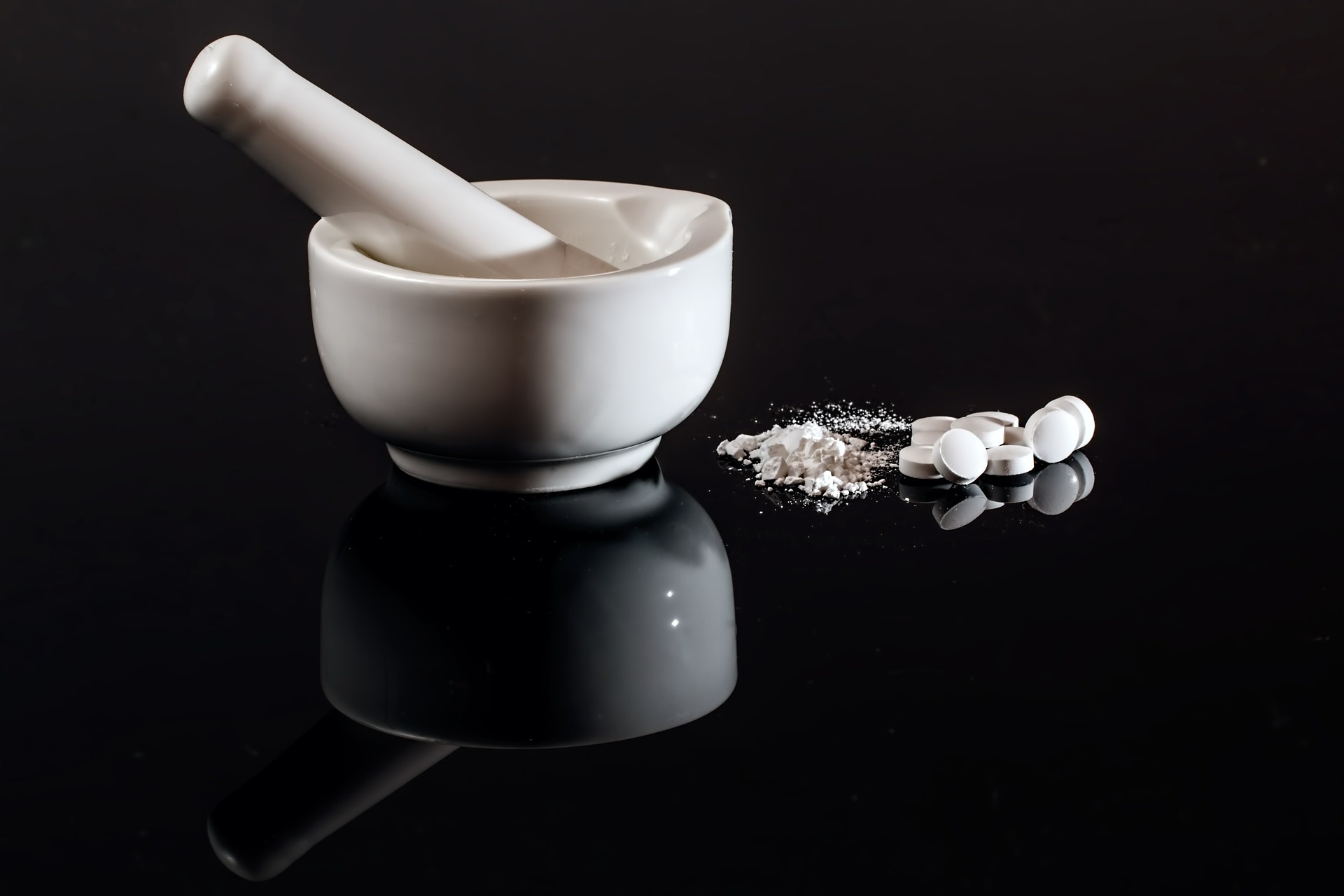Drugs are a sensitive topic when it comes to law and jurisdiction. While the trade of drugs is already a large issue for law enforcement and takes up a lot of time in the US courts because of how hard it is to curb the demand for these substances. Some people think that selling fake drugs is simply just a trivial thing.
Perhaps it is because they feel like they are just rebranding everyday ingredients and selling them branded as illegal substances, which doesn’t exactly seem like a bad thing. But the truth is, the moment you brand a substance as an illegal drug for sale, it is already an action that can be taken against you in court.
With the risk of facing both federal and state charges for your actions with it, here is a short guide on Massachusetts law regarding counterfeiting illicit substances:
Massachusetts Law On The Ban Of Counterfeit Drugs
Massachusetts General Law Chapter 94C, Section 34G states that it is illegal for anyone to knowingly or intentionally create, distribute, dispense, and possess counterfeit substances. Penalties include up to one year of imprisonment, a fine between $250 and $2,500, or both if based on the gravity of the offense.
This makes any attempt to sell fake drugs within the State of Massachusetts illegal, and if done to another state from Massachusetts, federal laws will apply.
About Federal Anti-Counterfeit Drug Laws
The federal counterpart to Massachusetts’ General Law is 21 U.S.C. Section 331. This makes it illegal to conduct sales of adulterated or misbranded drugs in commerce done interstate. With this law, an example of an offense against it would be purchasing aspirin from Massachusetts and selling it to someone in New Hampshire rebranding the bottle as ecstasy.
On top of all this mess, you can also be convicted over 18 U.S.C. Section 1001, which addresses the case of criminal fraud. Section 1001 can charge you for knowingly falsifying and concealing, making fraudulent statements or representations, or making any false writing knowing that the statements are false.
Proving Fraud In Counterfeit Drug Transactions
While making someone think that aspirin is an illegal drug that gets you high seems like a funny joke to play on someone for a quick buck or just for fun, this can land you in prison. The government will then need to prove two elements to convict you on criminal charges. These two are evidence of intentionally making false statements on the drugs, and that the false statement made was material.
In another instance, if someone handed you a bag of unknown white powder and they told you to go sell the bag to someone and the sale was successful, this would charge you differently. If the bag was discovered to contain flour, you will not have intentionally made a false statement about the product because you didn’t know it was flour. Under these circumstances, you would not be charged for criminal fraud but would be charged with other state and federal drug charges.
Charges related to selling fake drugs could have the perpetrator facing up to 30 years in prison and $100,000 in fines for federal offenses. For these cases, you will need a DEA-trained narcotics investigator on your side.
Conclusion
Remember that some things that seem trivial or funny can land you jail time, so be aware of what you are doing, especially when it comes to hot topics like drugs. When convicted or suspected of these actions, be sure to hire the services of a professional criminal defense attorney to assist you in dealing with the process. Jail time is no joke, and you’ll want the best results in your favor.
At The Fernandez Firm, we have some of the best criminal lawyers in Boston on call and ready to serve you. When navigating the field of the law, do not do it by yourself and get the help of trained professionals who can guarantee you the best results.



